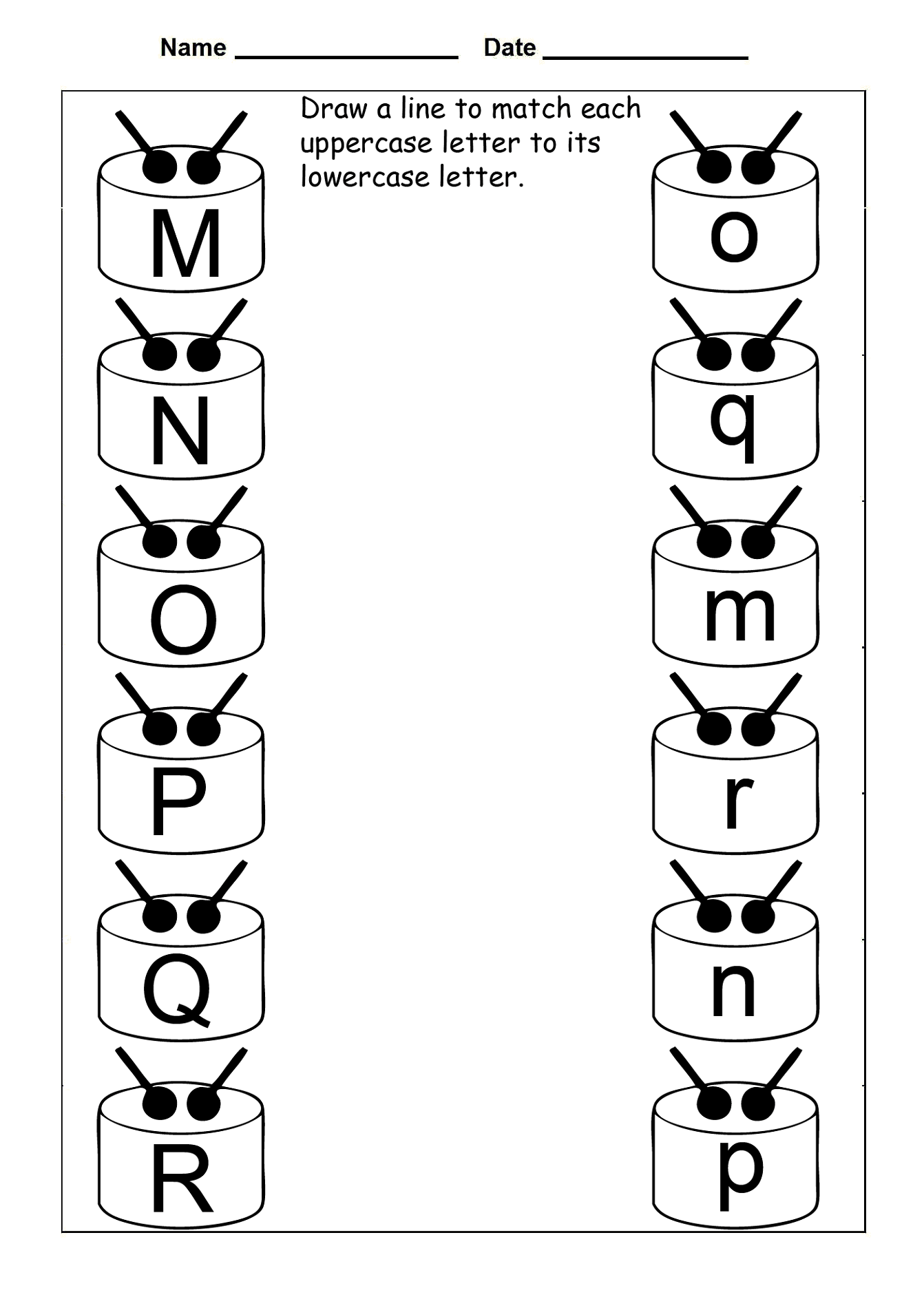The Hidden Power of Case Sensitivity: Why It Matters More Than You Think
Have you ever been locked out of an account because you forgot to capitalize a letter? Or struggled to find a file on your computer due to inconsistent capitalization? We often take for granted the subtle differences between upper and lowercase letters, but in the digital realm, case sensitivity reigns supreme. This seemingly small detail plays a crucial role in various applications, from programming languages to password security.
Understanding the importance of upper and lowercase letter matching, often referred to as case sensitivity, can save you time, frustration, and even potential security risks. This article delves into the world of case sensitivity, exploring its history, its impact on our digital lives, and why it matters more than you might think.
Imagine a world where "Password" and "password" were considered identical. While convenient at first glance, this lack of distinction could lead to chaos in the digital world. Case sensitivity provides a vital layer of specificity, allowing systems to differentiate between seemingly similar inputs.
The origins of case sensitivity can be traced back to the early days of computing. With limited memory and processing power, early systems often relied on simple techniques to distinguish between different commands and data. As technology evolved, so did the need for more robust methods of data differentiation, leading to the widespread adoption of case sensitivity.
Today, case sensitivity is deeply ingrained in various aspects of computing, from operating systems and programming languages to databases and web applications. This fundamental concept ensures accuracy and precision in data handling and interpretation, forming the backbone of our digital interactions.
Advantages and Disadvantages of Case Sensitivity
While case sensitivity offers numerous benefits, it also presents certain challenges. Understanding both sides of the coin can help us navigate the digital landscape more effectively. Let's examine the pros and cons of this fundamental principle:
| Advantages | Disadvantages |
|---|---|
Increased Security: Case sensitivity strengthens passwords and security measures by requiring precise character matching. | User Frustration: Case-sensitive systems can lead to login issues, file errors, and general user frustration, especially for those unfamiliar with the concept. |
Data Accuracy: Differentiating between upper and lowercase letters ensures precision in data storage, retrieval, and processing. | Accessibility Challenges: Case sensitivity can pose accessibility barriers for individuals with visual impairments or cognitive differences. |
Programming Precision: Case sensitivity in programming languages enables clear distinction between variables, functions, and commands, reducing ambiguity and errors. | Increased Complexity: Implementing and managing case-sensitive systems can add complexity to software development and data management processes. |
Navigating the digital world requires a keen understanding of its underlying principles. Case sensitivity, despite its seemingly trivial nature, plays a pivotal role in shaping our online experiences. By recognizing its significance and adapting our approaches accordingly, we can unlock greater accuracy, security, and efficiency in our digital interactions.
Show your style a guide to cool charms in r6
Unmasking tragedy the haunting saga of fnaf wiki henry emily
Unlocking the power of farrow and ball color palettes














